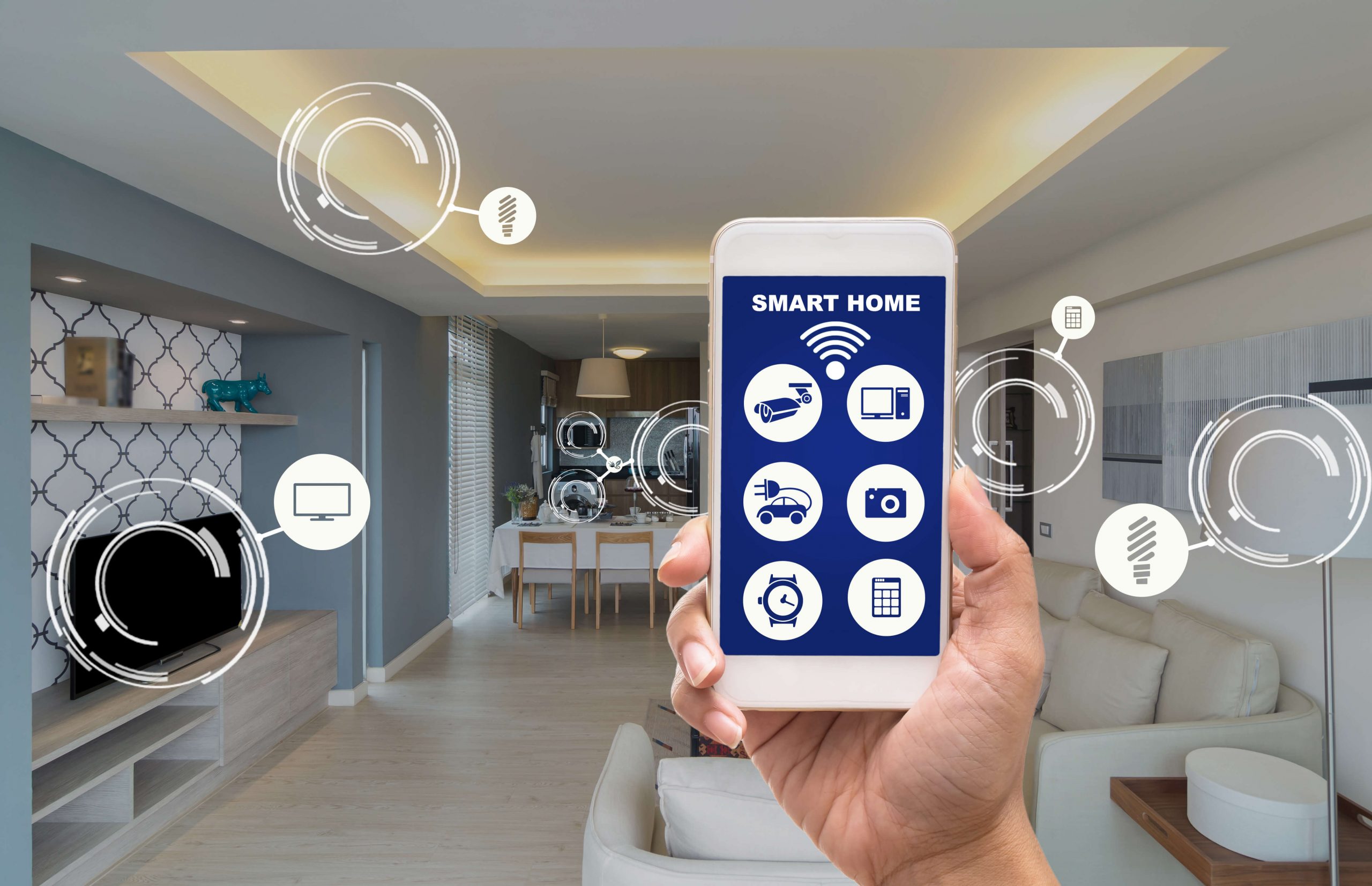In an age where peace of mind at home is paramount, investing in a reliable home security system can provide unparalleled reassurance. Whether you’re safeguarding your family, protecting valuables Home Security Systems, or simply enhancing the security of your property, understanding the options available is crucial. This comprehensive guide explores the various types of home security systems, their components, installation considerations, and the benefits they offer.
Introduction to Home Security Systems
Home security systems encompass a range of technologies and services designed to protect residences from intrusions, thefts, and emergencies. From basic alarm systems to advanced smart security solutions, these systems have evolved significantly to meet modern needs.
Types of Home Security Systems
1. Traditional Alarm Systems: Traditional alarm systems are the foundation of home security. They typically include door and window sensors, motion detectors, and a central control panel. When a sensor Home Security Systems detects unauthorized entry, the alarm is triggered, alerting occupants and potentially notifying a monitoring service.
2. Video Surveillance Systems: Video surveillance systems use cameras placed strategically around the property to monitor activities. Modern systems offer high-definition video quality, remote viewing capabilities via smartphones, and even options for cloud storage of footage. Some advanced systems include features like facial recognition and activity zones for more precise monitoring.
3. Smart Home Security Systems: Smart security systems integrate with home automation technology, allowing remote control and monitoring via smartphone apps. These systems often include features like smart door locks, integrated video doorbells, and sensors that can detect environmental changes such as smoke or carbon monoxide. They provide homeowners with real-time alerts and the ability to manage and monitor their home’s security from anywhere.
Components of a Home Security System
A typical home security system consists of several key components:
- Control Panel: Acts as the central hub of the system, allowing users to arm, disarm, and monitor the system’s status. It may also communicate with external monitoring services.
- Sensors: Include door and window sensors, motion detectors, and glass break sensors. These sensors trigger the alarm when they detect suspicious activity or unauthorized entry.
- Cameras: Essential for video surveillance systems, providing visual Home Security Systems monitoring and recording capabilities. Modern cameras offer high-resolution video, night vision, and the ability to store footage locally or in the cloud.
- Alarms: Audible alerts that activate when a sensor is triggered, alerting occupants and potentially deterring intruders. Some systems also include silent alarms that notify monitoring services without alerting intruders.
- Monitoring Services: Professional monitoring services can alert authorities in case of an emergency when alarms are triggered. They provide 24/7 surveillance and can dispatch emergency responders when needed, offering additional peace of mind to homeowners.
Choosing the Right Home Security System
When selecting a home security system, consider the following factors:
- Budget: Determine how much you’re willing to invest upfront and in monthly monitoring fees. Basic systems can be affordable, while advanced smart systems may require a higher initial investment.
- Features: Evaluate which features are most important to you. If remote monitoring and smart home integration are priorities, opt for a system that supports these capabilities.
- Installation: Decide whether to install the system yourself or hire a professional installer. Some systems are designed for DIY installation, while others require professional setup to ensure proper functioning and integration with existing home systems.
Also Read: https://startnetworking.info/enhance-your-safety-a-comprehensive-guide-to-home-security-systems/
Benefits of Home Security Systems
Investing in a home security system offers several benefits:
- Deterrence: Visible security measures such as cameras and alarms can deter potential intruders from targeting your home.
- Protection: Protects your home and belongings from theft, vandalism, and other unauthorized access. Surveillance cameras provide evidence in case of a break-in, aiding in the investigation and recovery of stolen items.
- Peace of Mind: Provides reassurance that your home is secure, even when you’re away. Remote monitoring allows homeowners to check on their property and receive alerts about suspicious activity or emergencies in real-time.
- Emergency Response: Prompt notification to authorities in case of emergencies such as fires, carbon monoxide leaks, or medical incidents. Monitoring services can dispatch emergency responders to your home, potentially saving lives and minimizing property damage.
Conclusion
In conclusion, choosing the right home security system involves Home Security Systems understanding your specific security needs, evaluating available options, and selecting a system that fits your budget and lifestyle. Whether you opt for a basic alarm system, a comprehensive video surveillance setup, or an advanced smart security solution, enhancing your home’s security is an investment in safety and peace of mind for you and your family.

